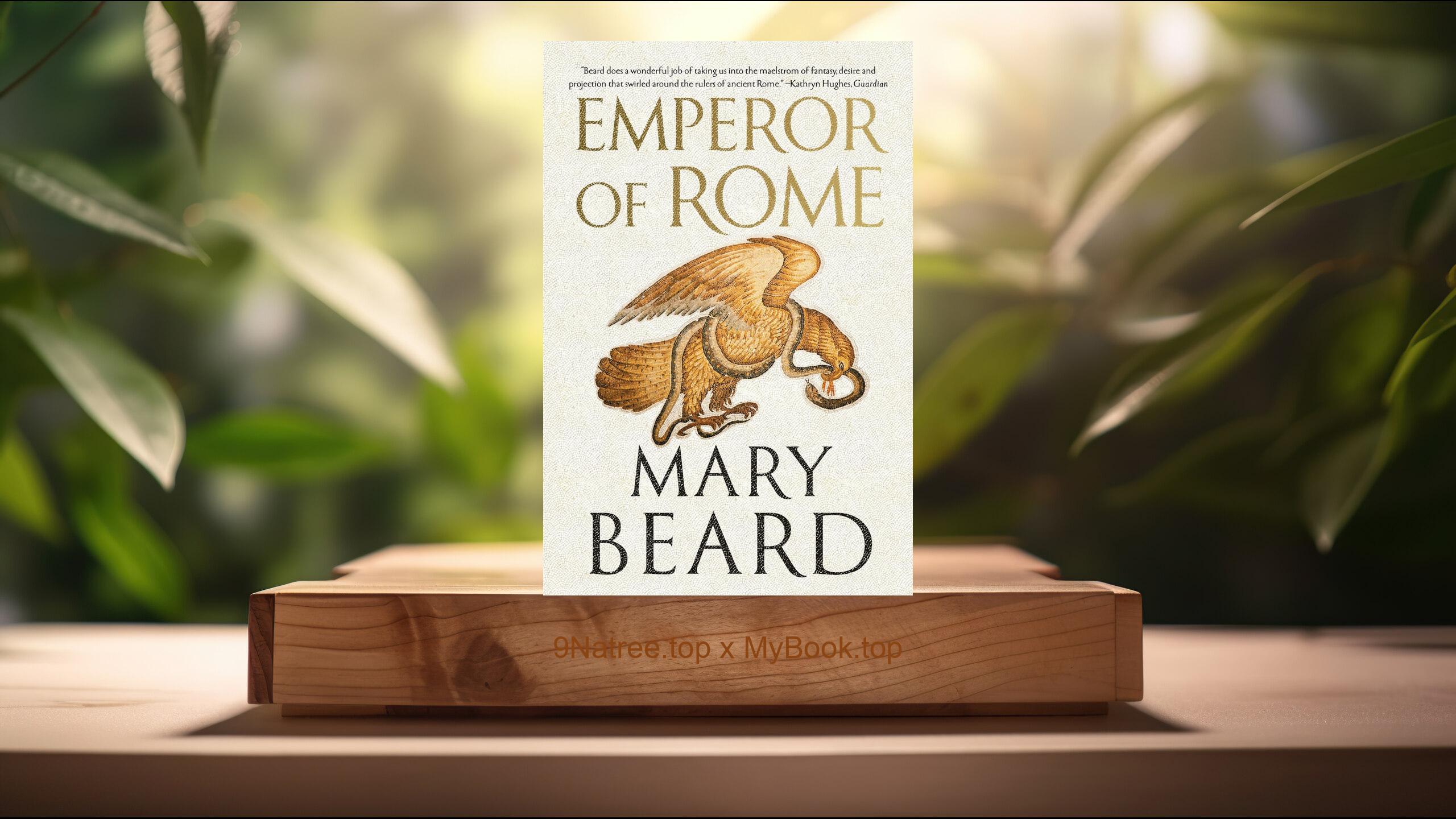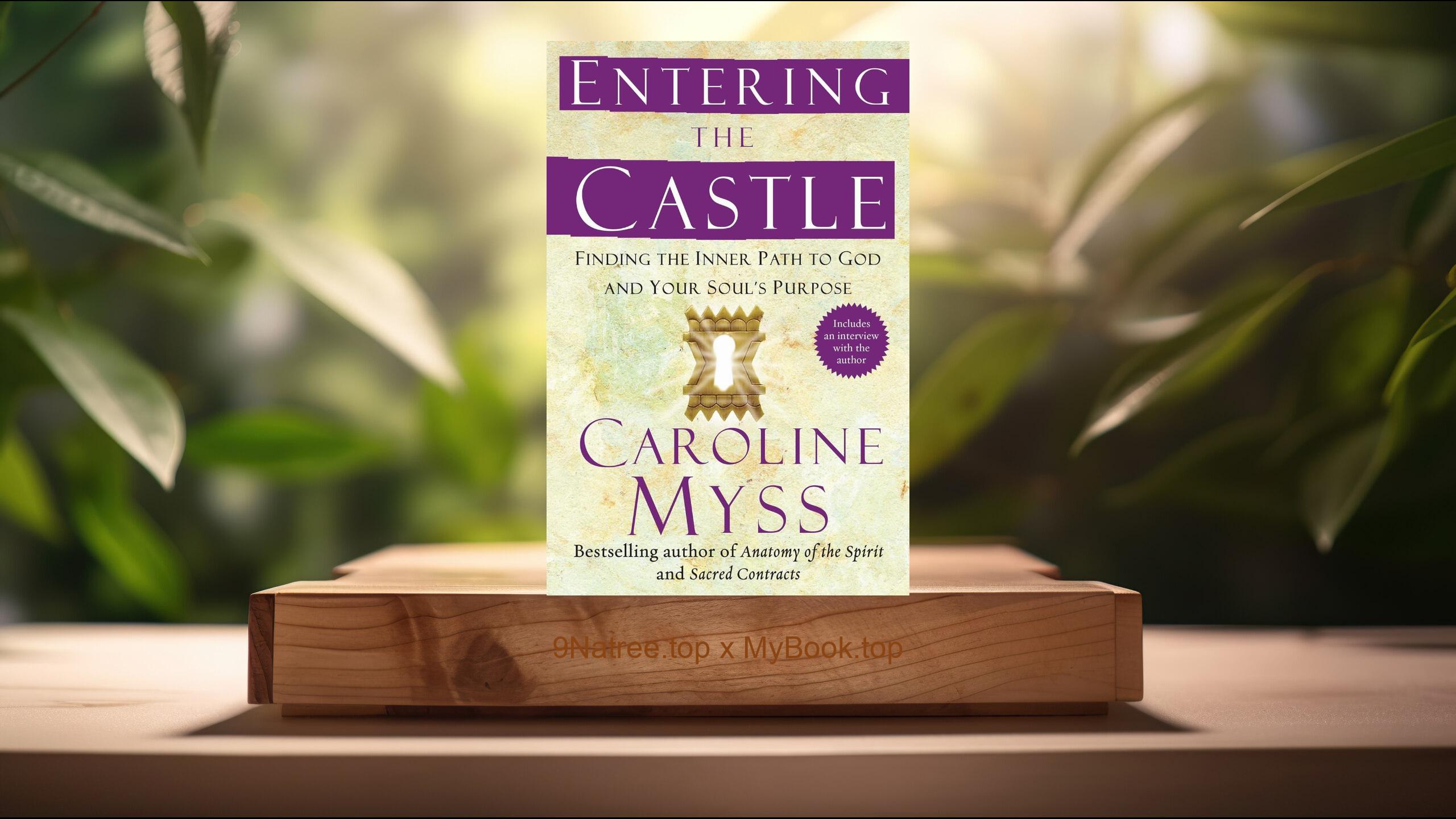Show Notes
- Amazon USA Store: https://www.amazon.com/dp/B004KPM1BW?tag=9natree-20
- Amazon Worldwide Store: https://global.buys.trade/Ghost-on-the-Throne-James-S-Romm.html
- Apple Books: https://books.apple.com/us/audiobook/halo-hunters-in-the-dark-unabridged/id1439475255?itsct=books_box_link&itscg=30200&ls=1&at=1001l3bAw&ct=9natree
- eBay: https://www.ebay.com/sch/i.html?_nkw=Ghost+on+the+Throne+James+S+Romm+&mkcid=1&mkrid=711-53200-19255-0&siteid=0&campid=5339060787&customid=9natree&toolid=10001&mkevt=1
- Read more: https://mybook.top/read/B004KPM1BW/
#AlexandertheGreat #Diadochi #Hellenistichistory #PtolemyISoter #AntigonusMonophthalmus #GhostontheThrone
These are takeaways from this book.
Firstly, The crisis of succession after Babylon, Romm opens with the chaos triggered by Alexander the Greats sudden death in 323 BCE, when no clear adult heir and no final directive could command universal obedience. The army and the court argued over two options, Alexander IV the unborn child of Roxane and the impaired Philip III Arrhidaeus, leading to an improvised dual monarchy under a regency. Perdiccas, appointed as chiliarch and de facto regent, tried to hold the coalition together while placating competing factions of the Macedonian infantry and the Companion cavalry. The so called Partition of Babylon distributed satrapies to the leading commanders, but it also seeded rivalry by binding each mans fortune to distant provinces and local armies. Romm highlights the thin thread of legitimacy in a world where kingship resided not in a law but in charisma, conquest, and the loyalty of soldiers. By staging these debates in the smoky halls of Babylon, he shows how a fragile compromise masked explosive personal ambitions that soon tore the empire apart.
Secondly, The battle for the royal corpse and the symbolism of rule, One of the books most vivid episodes is the hijacking of Alexanders funeral carriage by Ptolemy, who diverted the jeweled hearse from Macedonia to Egypt. Romm explains that control of the kings body was more than a macabre spectacle. It was political theater and religious claim rolled into one, a way to root authority in sacred memory. Ptolemy built a cult around the tomb at Memphis and later Alexandria, turning Egypt into both a fortress and a shrine. Perdiccas grasped the danger and marched to punish Ptolemy, but his disastrous Nile campaign ended with mutiny and his death at the hands of his own officers. This episode encapsulates the books central theme: in the vacuum after a world conqueror, symbols matter as much as spears. Romm shows how coinage, procession, and burial rites became weapons, and how Ptolemy used restraint and careful propaganda to found a dynasty without risking annihilation in open battle against a united coalition.
Thirdly, Eumenes the secretary versus Antigonus the one eyed, Romm devotes sustained attention to Eumenes of Cardia, the Greek secretary turned general who became the most capable champion of the royal house. Backed at first by Perdiccas, Eumenes defeated the veteran Craterus in Asia Minor, proving that loyalty to the kings name could still inspire battlefield cohesion. Yet his position was precarious. Macedonian officers distrusted a non Macedonian at the helm, and supplies and pay hinged on distant satraps. Antigonus Monophthalmus rose as his implacable rival, welding together a coalition of officers and resources in Asia. Through sharp portraits and tactical summaries, Romm traces Eumenes campaigns across Anatolia and the Iranian plateau, culminating at Gabiene where battlefield success could not prevent betrayal by his own Silver Shields, who bargained their families for his surrender. The narrative captures the tragic irony of a strategist who fought for continuity and lawful regency, only to be undone by the very soldiers whose honor had been Alexanders pride. It is a study in talent thwarted by fragile institutions.
Fourthly, Macedonian politics, Olympias, and the fate of the Argead line, While Asia exploded in campaigns, Macedon became a crucible of palace intrigue. Romm narrates the contest among Antipater, his son Cassander, and the regent Polyperchon, with alliances shifting around the two nominal kings, Philip III Arrhidaeus and the child Alexander IV. Olympias, mother of Alexander the Great, returned to Macedon as a force of nature, claiming authority as guardian of the royal legacy. Her bold intervention toppled rivals, but it also unleashed reprisals and deepened a spiral of vengeance. Eurydice, the formidable wife of Philip III, mobilized support among the Macedonian ranks, illustrating how royal women wielded influence within a militarized society. The resulting civil bloodshed led to the executions of Philip III and Eurydice, the eventual fall of Olympias, and the quiet removal of Roxane and Alexander IV under Cassanders long shadow. Romm presents this domestic theater as essential to understanding the collapse of Argead legitimacy. Without a secure heartland and lawful succession, the empire became a chessboard of satrapies, where force, not lineage, determined right.
Lastly, From endless war to Hellenistic order, Romm follows the arc from early partitions and regencies to the emergence of new dynasties that would define the Hellenistic age. After Perdiccas fell, the settlement at Triparadeisos attempted to rebalance power, propelling Antigonus, Seleucus, and others into new roles. Antigonus and his son Demetrius Tower Taker pursued sweeping ambitions to reunite the empire, while Ptolemy consolidated Egypt and its fleet, and Lysimachus secured Thrace. Seleucus, once exiled, rebuilt in Babylon and expanded east and west into a vast dominion. Across these campaigns, Romm shows how administrative pragmatism, coinage reforms, and urban foundations replaced the personal charisma of a single conqueror. The climactic collisions, culminating in major set piece battles such as Ipsus, shattered the dream of unity and fragmented the empire into durable kingdoms. Ghost on the Throne frames this outcome not as failure but as transformation, showing how Alexanders legend became a political resource that rulers invoked, imitated, or resisted as they crafted new identities for states that would endure for centuries.
![[Review] Ghost on the Throne (James S. Romm) Summarized](https://episodes.castos.com/660078c6833215-59505987/images/2209020/c1a-085k3-25m3dpzxhvrr-kglwud.jpg)




